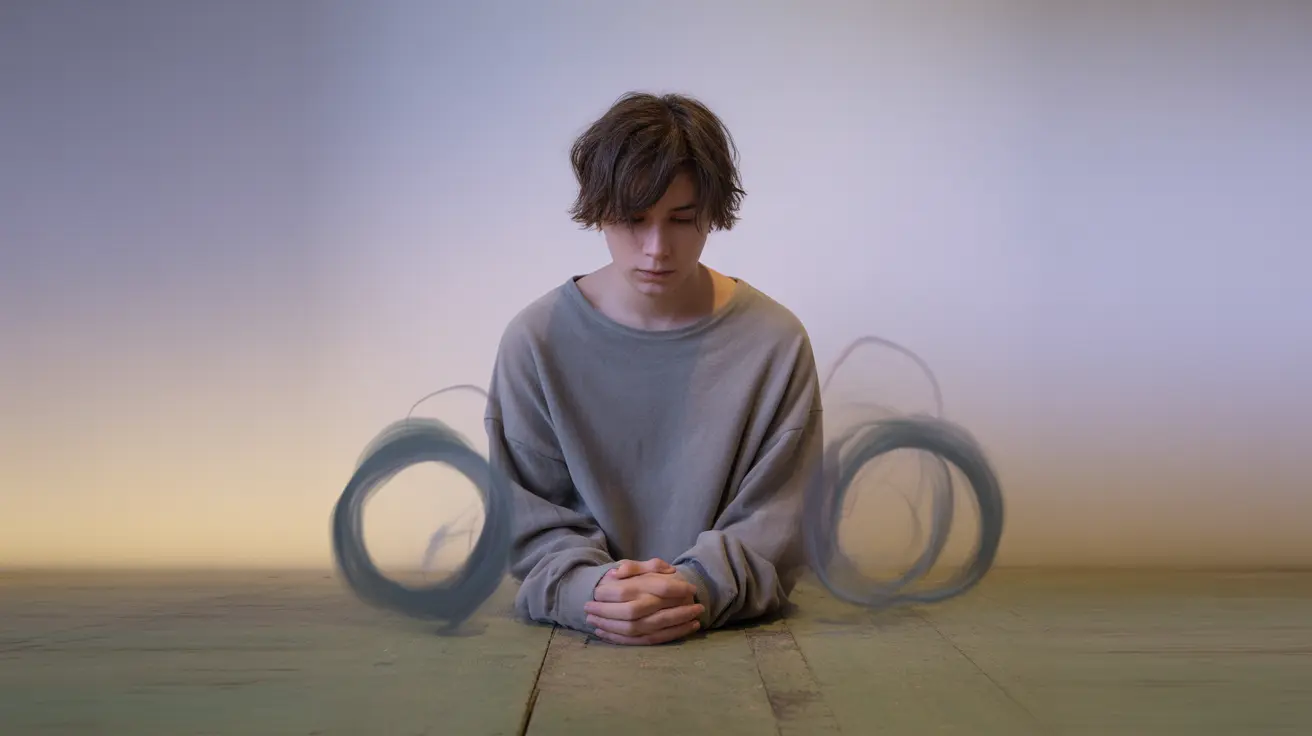When someone with bipolar disorder stops taking their prescribed medication, it can trigger a cascade of serious health consequences and potentially life-threatening situations. Understanding these risks and knowing how to respond appropriately is crucial for both individuals with bipolar disorder and their loved ones.
This comprehensive guide explores the effects of medication discontinuation, timeline of symptom return, and essential steps for supporting someone who has stopped taking their bipolar medication.
Immediate Effects of Stopping Bipolar Medication
Discontinuing bipolar medication can lead to several immediate effects that typically manifest within days to weeks:
- Increased mood instability
- Sleep disturbances
- Anxiety and agitation
- Physical symptoms like headaches and nausea
- Difficulty concentrating
These initial symptoms can be particularly challenging because they may be confused with withdrawal effects, potentially making the person believe they don't need their medication anymore.
Risk of Bipolar Episode Recurrence
The return of bipolar symptoms after medication discontinuation often follows a predictable pattern:
- Manic episodes may emerge within 2-3 weeks
- Depressive episodes typically develop within 3-6 months
- Mixed episodes can occur at any time
- Symptoms may be more severe than previous episodes
Without the stabilizing effect of medication, episodes can become more frequent and intense, potentially leading to a phenomenon known as "kindling," where episodes become progressively more severe.
Dangers of Abrupt Discontinuation
Suddenly stopping bipolar medication carries significant risks:
- Increased suicide risk
- Higher likelihood of hospitalization
- Potential damage to personal relationships
- Career and financial difficulties
- Increased risk of substance abuse
The abrupt cessation of certain medications can also trigger specific physical and psychological withdrawal symptoms that require medical attention.
Supporting a Loved One Who Stops Taking Medication
If someone you care about stops taking their bipolar medication, consider these important steps:
- Maintain open, non-judgmental communication
- Encourage professional help
- Help identify reasons for medication discontinuation
- Assist with practical medication management
- Be prepared for emergency situations
It's crucial to balance showing concern while respecting their autonomy and dignity throughout this challenging situation.
Frequently Asked Questions
What symptoms can occur when a bipolar person suddenly stops taking their medication?
When someone suddenly stops taking bipolar medication, they may experience increased anxiety, sleep problems, mood swings, irritability, and potential physical symptoms like headaches and nausea. These symptoms can progress to full manic or depressive episodes if medication isn't resumed.
How soon do bipolar mood episodes typically return after stopping meds like lithium?
Mood episodes can return relatively quickly after stopping medication, with manic episodes often emerging within 2-3 weeks and depressive episodes typically developing within 3-6 months. The timeline varies depending on the specific medication and individual factors.
Why is it dangerous to abruptly discontinue bipolar disorder medication?
Abrupt discontinuation is dangerous because it can trigger severe mood episodes, increase suicide risk, cause withdrawal symptoms, and potentially lead to hospitalization. It can also disrupt the effectiveness of future treatment efforts.
What should I do if a loved one with bipolar disorder stops taking their meds?
Maintain supportive communication, encourage them to speak with their healthcare provider, help identify barriers to medication adherence, and be prepared for emergencies. Avoid criticism or judgment while expressing your concern for their well-being.
Can stopping bipolar medication cause withdrawal symptoms, and how can they be managed?
Yes, stopping bipolar medication can cause withdrawal symptoms including anxiety, sleep problems, and physical discomfort. These symptoms should be managed under medical supervision, ideally through a carefully planned medication taper rather than abrupt discontinuation.




